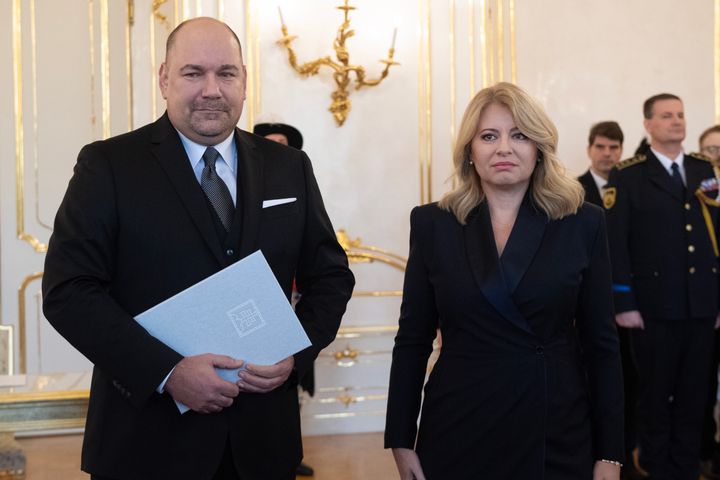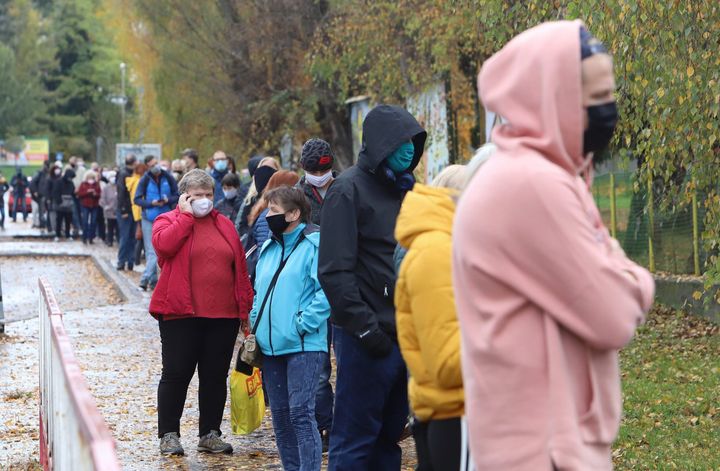Fico: Relations between Gov't and Trade Unions in Slovakia Very Correct

BRATISLAVA, October 12 (TASR) – Relations between the Government and trade unions in Slovakia are extremely correct, stated Slovak Prime Minister Robert Fico (Smer-SD) in his speech at an extraordinary meeting of the Workers’ Group of the European Economic and Social Committee (EESC) in Bratislava on Wednesday.
At the meeting, held under the slogan ‘A Europe that Works for Workers – Fair Mobility and Strong Labour Rights’, Fico said that the Slovak Cabinet earlier in the day approved a hike in the minimum wage for 2017.
“My Government supports continual increases in the minimum wage. We have a full range of rational reasons for this, even though we often face very difficult discussions with representatives of employers,” said Fico.
“I can confirm that we once again increased the minimum wage by more than 7 percent today. I know that for many of you who come from [more] developed European countries, the sum of €435 [per month] might seem small or ridiculous, but for us it’s huge progress, as we’d like to see the minimum wage at around €500 per month by 2019,” added the Slovak prime minister, noting that the Slovak Cabinet has so far managed to meet all previously set plans in this area.
According to Fico, the Slovak Presidency of the EU Council represents a double challenge for Slovakia. “On one hand, we’re presiding over the EU Council for the first time ever, and on the other, we took over the presidency at a rather difficult time for the EU. I don’t only mean the decision of the British people [to leave the EU]. We can say that since the adoption of the Lisbon Treaty, the EU has been tormented in continuous crisis management,” said Fico, adding that despite current issues, he sees the Union as a unique project that would always have the full support of the Slovak Cabinet.
The EESC is a consultative body of the EU based in Brussels that is made up of representatives of employers, employees (trade unions) and representatives of various other interests.



